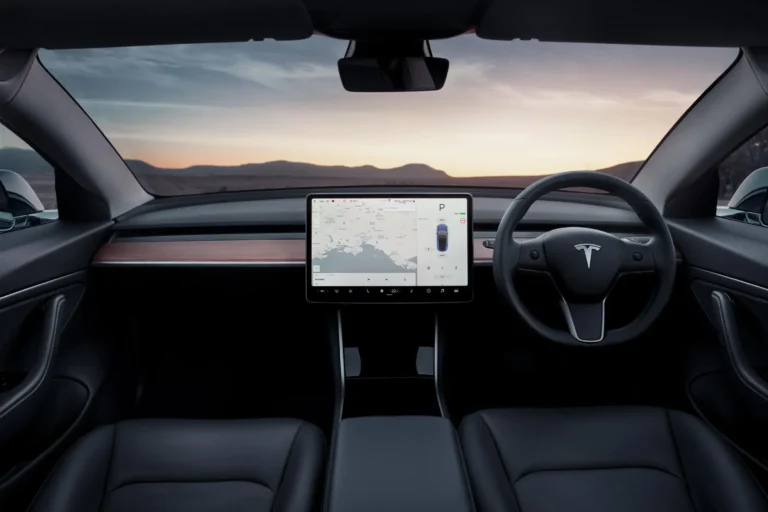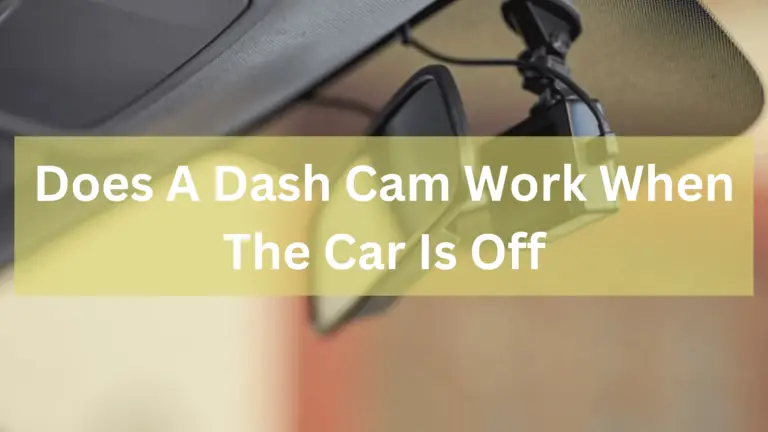Can dash cam footage be used in court?
As technology advances, so too does the evidence available to be used in court. Dash cam footage is one such example of this; it has become a popular form of evidence for legal proceedings, but there are still questions about its validity and accuracy.
This article seeks to address these questions, exploring the various ways in which dash cam footage can be used in court and examining the implications of such a practice.

Can dash cam footage be used in court?
Yes. Dashcam footage can be used in cases of traffic violations, accidents, and crimes. It has become an increasingly popular tool for motorists to use as evidence in court cases. Dash cam recordings are often seen as an impartial form of proof and can make all the difference when it comes to deciding a case.
The idea of using dashcam footage in court is not a new one; it has been accepted by courts for many years now. These cameras are especially beneficial when it comes to proving innocence in the event of a road rage incident or car accident that leads to legal problems.
The video footage captured by dashcams is taken from multiple angles, allowing law enforcement officers and judges to view the events leading up to or during an incident with greater clarity.
Dash cam footage is considered reliable because it captures an unedited account of what happened during an incident. This helps judges determine who was at fault and whether any parties involved should face criminal charges or civil lawsuits.
How to Use Dashcam Footage as Evidence?
Dashcam footage can be a powerful source of evidence in court. Dashcams are cameras that are typically mounted to the dashboard or windshield of a vehicle, and they record audio and video while on the road.
The use of this type of footage as evidence can be highly effective when it is done correctly. When using dashcam footage as evidence, there are three key things to consider:
- It must be recorded in a public place.
- It must be relevant to the case.
- It must be authenticated.
This means any footage obtained from an individual’s own home or other private areas will not be accepted into court proceedings. It also needs to be related directly to the case at hand so that it can provide helpful information about the events taking place.
It is essential to make sure that any footage used is legally obtained; for instance, if the camera was installed on a private property or on someone else’s car without their consent, then this could lead to legal issues.
When recording dashcam footage for use as evidence, it’s important to remember that the location must be considered public property or visible from such a place. Additionally, court proceedings may not accept recordings if they do not clearly depict an incident related to the case at hand.
Can dash cam footage be used against you?
The simple answer is yes. Dashcam footage can potentially incriminate you in criminal cases both on the roadside and in court. The legality of dashcam footage varies from country to country, but most countries allow courts to use the recordings as evidence when determining guilt or innocence.
For example, if a driver has a dash cam that records them running a red light or committing another traffic violation, then police officers may use that video as proof of guilt in court. Plus, if someone has witnessed an accident or crime involving your vehicle, their dashboard camera recording could be used by authorities as evidence against you.
Dashcam footage can be helpful to evidence if you are involved in a dispute over which party was at fault for an accident. This means that any errors or mistakes on your part will be recorded and could be used to prove negligence or other wrongdoing.
Additionally, in the case of a criminal act such as assault, theft, or vandalism, dashcam footage can provide compelling evidence for use by police and prosecutors in court.
Frequently Asked Questions:
Can I Send Dash Cam Video to the Police?
Drivers now have the ability to record their commutes and save the footage for later use. Many people wonder if they can send dash cam video to the police in some instances, such as after a car accident.
The answer is yes – you can send dash cam video to the police, but you must understand how this may affect your case before taking action. It’s possible that sending your footage could be used against you in court, so it’s best to consult with an attorney first.
Ultimately, your lawyer will be able to advise you on whether or not submitting your dashcam footage would be beneficial or damaging to your case.
How to send dash cam footage to the police?
Look no further! The National Dash Cam Safety Portal (NDCSP) makes it easy. All you have to do is visit the website and select your region. Once you’ve done that, click on the appropriate force for instructions on how to submit your dash cam footage.
Submitting dashcam footage to the police is an excellent way to help with an investigation. Dash cams can provide vital evidence and can be used to help identify suspects, establish timelines, and other essential details that are necessary for a successful prosecution.
What might make my footage admissible in court?
For starters, it’s essential that the original recording be unaltered and intact. Any changes made to the original could potentially damage its integrity and render it unusable as evidence in court.
Furthermore, all parties involved must have given permission before any recording was made – otherwise, it could be considered an invasion of privacy, which would also make it ineligible as evidence.
In addition to being unaltered and consensual, your audio and video recordings must also be clear enough for analysis.
Conclusion:
Dash cam footage can be used in court depending on the circumstances. It can be used as evidence to provide an unbiased third-party account of events. However, it is essential to note that its admissibility is subject to a variety of laws and regulations.
Furthermore, the footage’s quality may determine whether it will be accepted as evidence. As such, it is essential to ensure that your dash cam produces precise and reliable video recordings at all times.
related posts:
What Is Loop Recording On A Dash Cam? ( And Its Benefits )
What Is The Parking Mode On A Dash Cam?


